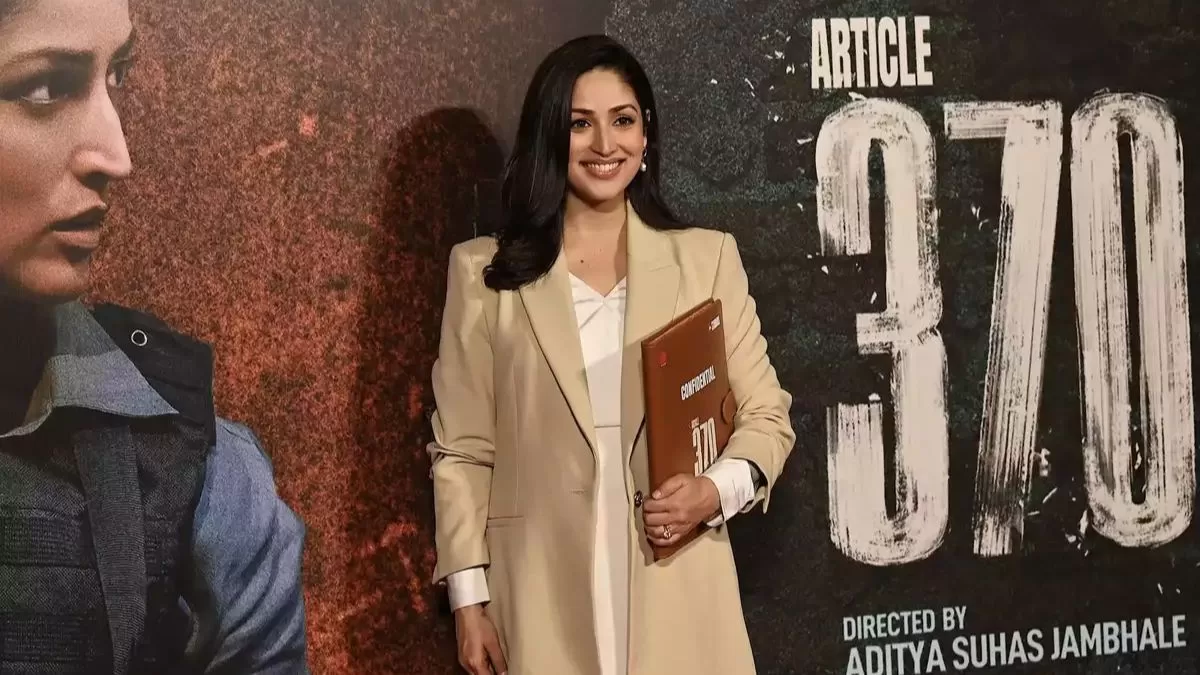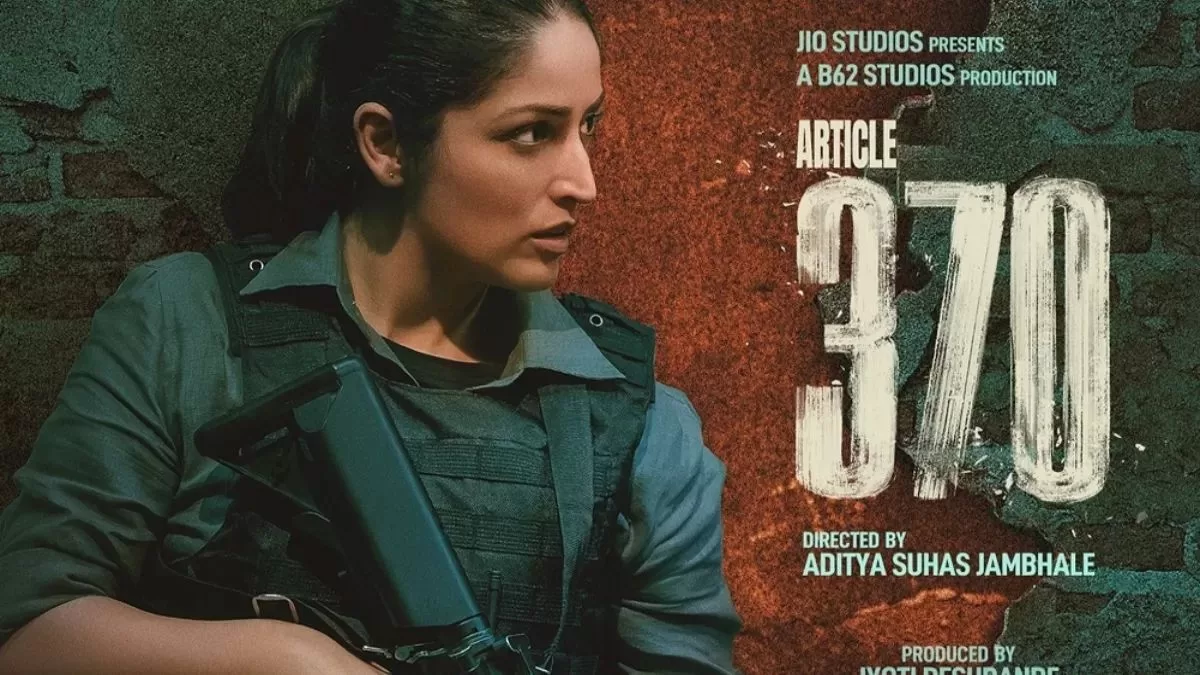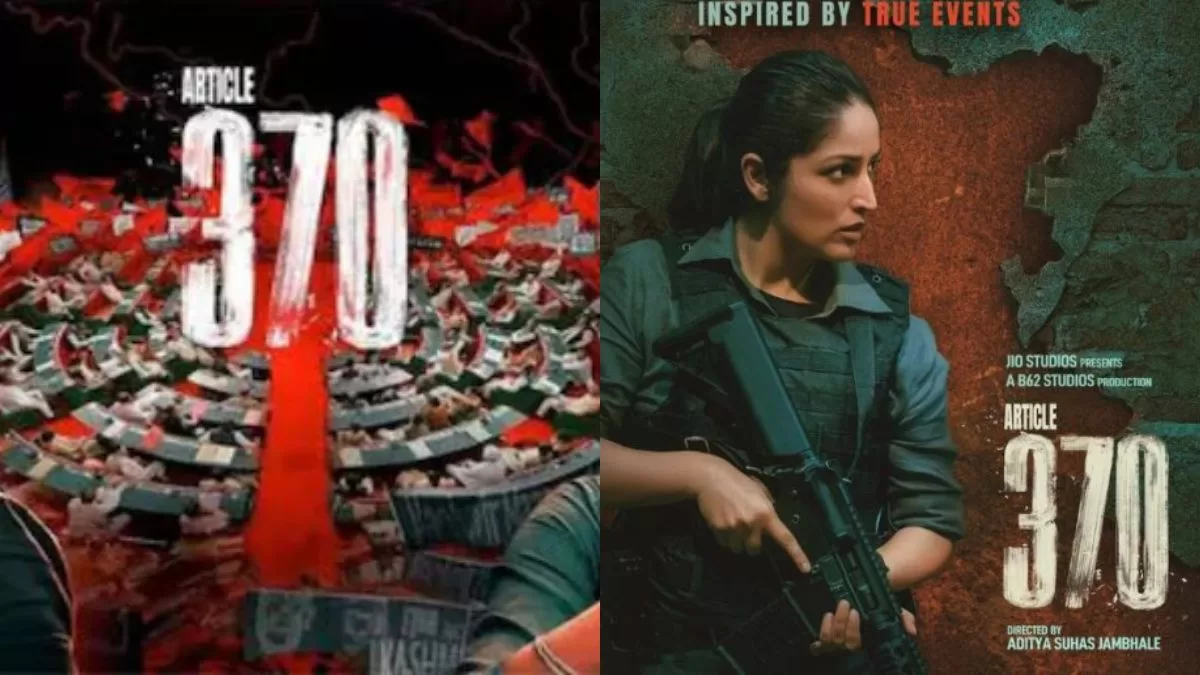The Bollywood film “Article 370,” directed by Aditya Suhas Jambhale, has recently stirred controversy. Reports claimed that the movie faced a ban in Gulf countries, raising questions about freedom of expression and the portrayal of historical events.
The Controversy

Not surprisingly, the much-talked-about film “Article 370” has been banned in several Gulf countries. When contacted, director Aditya Suhas Jambhale expressed surprise over the ban.
“I was astonished to hear about the prohibition. Because I do not feel the film has any content that should be prohibited. It is an honest attempt to highlight the circumstances that created the mission to repeal Article 370. I believe the audience’s reaction is also solid evidence of this. This film depicts the victory of truth. And how is the truth insulting to anyone?”
Plot And Context

“Article 370” is a riveting political drama with intense action with Yami Gautam in the forefront. The film, set against the backdrop of Jammu and Kashmir, centres on the historic repeal of Article 370, which gave the former state a unique status. Significant regional changes resulted from the Union Government’s revocation of Article 370 on August 5, 2019.
Yami Gautam’s Perspective
Actor Yami Gautam, who plays intelligence officer Zooni Haksar in the film, expressed confidence in its reception. Initially, she revealed that they were warned that such subjects might not succeed at the box office. However, Gautam emphasized that there is no propaganda in the film, and it aims to present real-life struggles without bias.

Filmmaker’s Take
Aditya Dhar, the film’s producer, shared his perspective. He acknowledged that they worked hard on the film, portraying real-life individuals who played a crucial role in the abrogation of Article 370. The film’s success surprised them, as it resonated with viewers and received immense love. Dhar emphasized that the audience alone could determine the film’s fate.
Article 370
“Article 370” serves as a reminder of historical events and their complexities. While it faced a ban in Gulf countries, the film’s core message remains intact: truth should never be offensive. As viewers, we are responsible for engaging with diverse narratives and appreciating the efforts of filmmakers who bring untold stories to the screen.



